Topacs Training
Operational Package
for Climate Services
A permanent and open elearning Initiative
A joint initiative of World Meteorological Organization and CNR-IBE, with the collaboration of IC-CNR.
An Initiative by

Powered by

with the contribution of THE ITALIAN MINISTRY FOR FOREIGN AFFAIRS AND INTERNATIONAL COOPERATION
A permanent training Initiative
Open and Accessible worldwide
TOPaCS is the acronym of Training Operational Package for Climate Services, a new distance learning initiative developed by RTC Italy.
A permanent eLearning platform offering training courses on different topics related to Climate and Risk analysis and management.
TOPaCS originated from the recommendation of main stakeholders in West Africa, the Directors of Meteorological Services of 17 CILSS/ECOWAS
Countries at the International Conference on Climate Services for West Africa in Rome, Italy, early 2019.

Why TOPaCS
The methodological approach is based on the competency-based approach to training, where competencies are composed of elements of Knowledge and Skill, according to the European Qualifications Framework for Lifelong Learning, and each course is related to the WMO Competencies Framework for Climate Services Providers.

eLearning Content
The courses are structured with multimedia lessons, bibliography, case studies and useful insights.

Competency Framework
The Moodle Competency Framework functionality allows to link WMO Competencies to courses.

Open Badges
The Badges earned in TOPaCS courses can be added to Open Badge Backpack in Badgr.
11
52
39
Approach
Knowledge Skills Competencies
Using the Moodle virtual learning environment, the course material has been packaged for self-directed learning, which will greatly expand the reach of the project to more students.
The TOPaCS package allows learners to attain skills related to the WMO competencies for climate services, and receive certification in the form of badges for the training completed. It is an example of a personalized learning environment, allowing users to follow several different learning
paths to access and be certified for training that meets their own needs and interests.
Open Badges
Each course includes a final quiz. Passing the quiz the trainees will obtain the badge for the course, the evidence that the badge owner successfully completed the course and acquired specific knowledge and technical skills.
The badges gained in TOPaCs courses can be issued as Open Badge Backpack in Badgr.
In this way the progress in training activities can be demonstrated through Digital Badges and Micro-Credential.
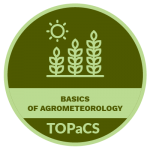
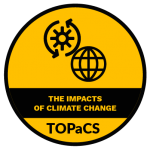
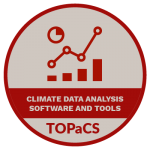
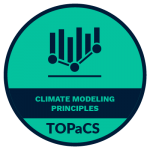
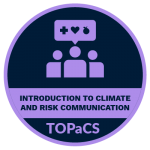
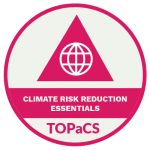
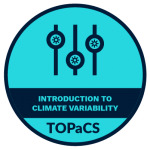
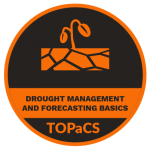
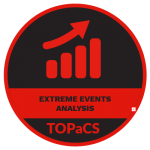
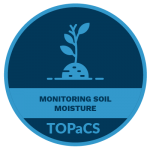
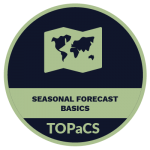
Take a peek Inside TOPaCS
Check out the courses
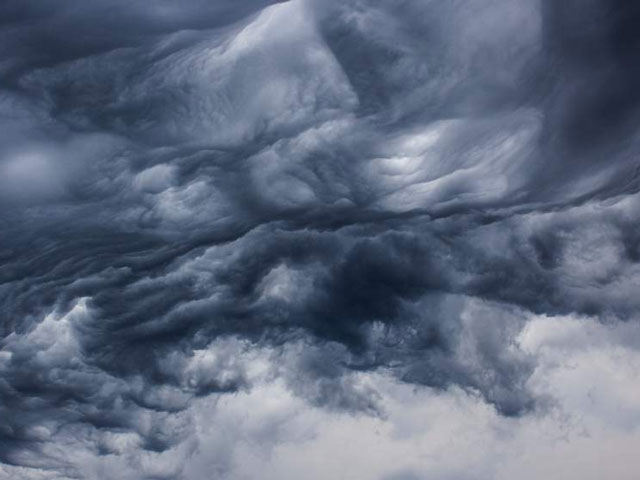
Climate Data Analysis
Software and Tools
Click to watch the video introduction

Basics
of Agrometeorology
Click to watch the video introduction

Climate Risk Reduction Essentials
Click to watch the video introduction
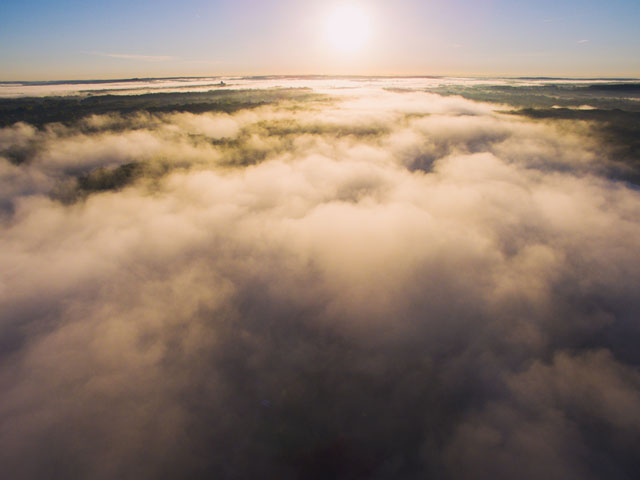
Climate Modeling
Principles
Click to watch the video introduction

Introduction to Climate Variability
Click to watch the video introduction

Seasonal Forecast
Basics
Click to watch the video introduction
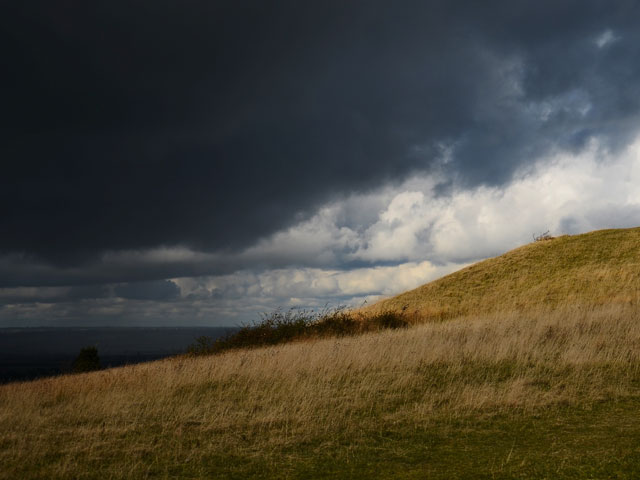
Extreme Events
Analysis
Click to watch the video introduction

Drought Management and Forecasting Basics
Click to watch the video introduction
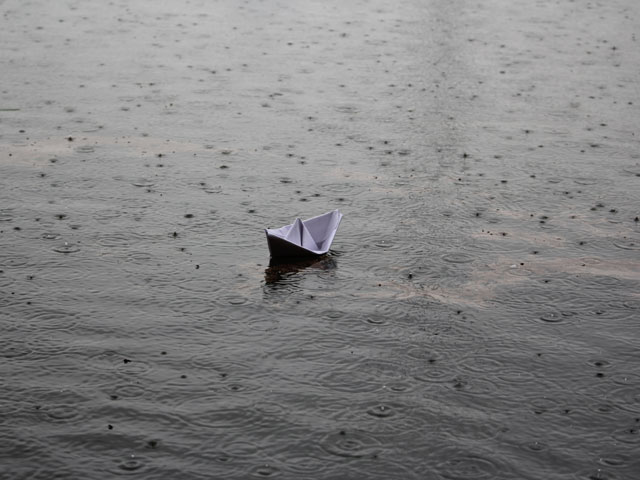
The Impacts of Climate Change
Click to watch the video introduction
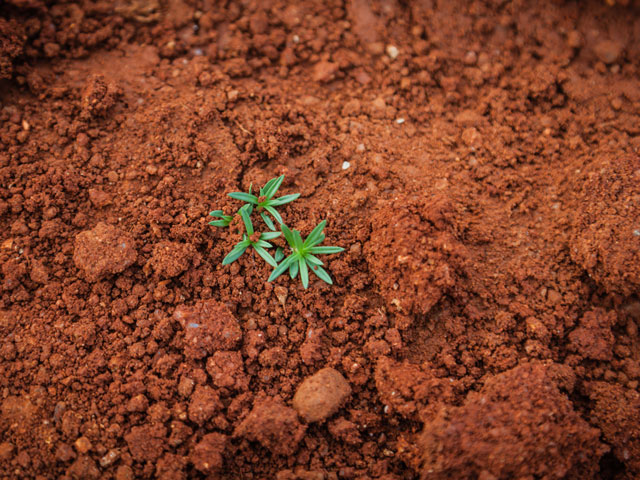
Monitoring Soil
Moisture
Click to watch the video introduction

Introduction to Climate and Risk Communication
Click to watch the video introduction
Try the TOPaCs Courses
Meet the Team
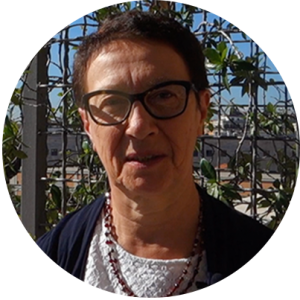
Marina Baldi
Researcher at CNR-IBE and Director of the WMO Regional Training Centre in Italy for the European region and for North Africa.

Patrick Parrish
Chief, Training Activities Division within the Education and Training Office of the WMO (World Meteorological Organization)

Vieri Tarchiani
Permanent Researcher at the Institute of Bioeconomy of the National Research Council of Italy (CNR-IBE). TOPaCs Project Leader.

Elena Rapisardi
Digital Content Designer and Producer. Natural Hazards Web Communication Expert, Content Producer and designer at CNR-IBE.

Massimiliano Pasqui
Physicist, permanent researcher at CNR-IBE. Climate change modeling, seasonal forecasts, climate services for water management.

Edmondo di Giuseppe
Climate Data Analyst at CNR-IBE. Climatological Statistics: extreme events, climate zone, spatio-temporal models and Bayesian inference.

Maurizio Bacci
Agrometeorologyst at CNR-IBE. Expert in climate change impact assessment, GIS and Remote sensing and information management expert, and trainer.

Ramona Magno
Scientific Coordinator of the Drought Observatory. Researcher at CNR-IBE. Expert in: drought monitoring, climatological analysis, desertification, and remote sensing.

Guido Righini
e-Learning and Dissemination Manager at CNR, Institute of Crystallography. Editor of "Smart eLab". Expertise: Linux, Moodle, ePublishing, Academic Collaborative Writing.
Thanks to our
Lecturers and Experts
alphabetical order
Maurizio Bacci, CNR-IBE – Marina Baldi, CNR-IBE – Christian Baron, CIRAD – Michela Biasutti, Columbia University – Luca Brocca, CNR-IRPI – Marta Bruno Soares, University of Leeds – Carlo Buontempo, ECMWF – Claudio Cassardo, University of Torino Dept. of Physics – Giorgia Ceccarelli, OXFAM – Tanja Cegnar, Slovenian Environment Agengy – Ylenia Curci , University of Technology Belfort-Montbéliard – Luc Descroix , IRD – Sabina Di Franco, CNR – ISP, Edmondo Di Giuseppe, CNR-IBE – Roberto Ferrise, University of Florence – Federico Fierli, CNR-ISAC – Edoardo Fiorillo, CNR-IRPI, CNR-IBE – Marco Gaetani, LATMOS-IPSL, CNRS, Sorbonne Universités – Alessandra Giannini, Columbia University – Manuela Grippa, Géosciences Environnement Toulouse – Ramona Magno, CNR-IBE – Piero Malguzzi, CNR-ISAC – Giovanni Massazza, Politecnico di Torino – Daniele Mastrangelo, CNR-ISAC – Stefano Materia, CMCC – Chiara Mauri, BB&C Group – Samantha Melani, CNR-IBE – Tommaso Moramarco, CNR-IRPI – Emmanuel Oladipo, Department of Geography University of Lagos, Nigeria – Patrick Parrish, WMO – Massimiliano Pasqui, CNR-IBE – Valentina Pavan, ARPAE-SIMC – Alessandro Pezzoli, DIST – Christel Prudhomme, ECMWF – Elena Rapisardi, CNR-IBE – Lauro Rossi, CIMA RESEARCH FOUNDATION – Enrico Scoccimarro, CMCC – Moritz Stefaner, Truth and Beauty – Benjamin Sultan , IRD – Vieri Tarchiani, CNR-IBE – Maurizio Tiepolo, DIST – Jost Von Hardenberg, CNR-ISAC – Sabina Di Franco, CNR – ISP – Moritz Stefaner, Truth and Beauty

